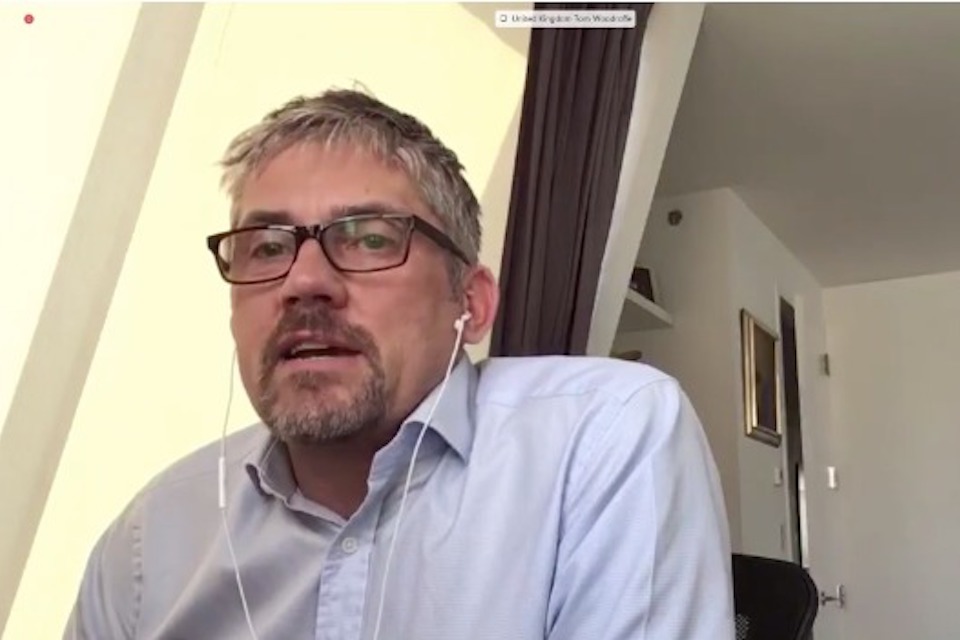Ensuring humanitarian resources reach those most in need
Tom Woodroffe, UK Development Counsellor at the UN, at the high-level panel addressing the increasing complexity of health challenges in humanitarian contexts

I’d like to begin by commending the work of the entire humanitarian community during these unprecedented times – and by offering the UK government’s deep gratitude to all those who continue to undertake such critical work and provide support in these challenging circumstances.
COVID-19 is of course the biggest public health emergency in generations, one that will require all countries to step up, work together and respond to the global health, humanitarian and economic implications, including supporting those who are the poorest and most vulnerable.
And the UK is committed to doing so. We have so far pledged just shy of $1 billion of UK aid to end the COVID-19 pandemic as quickly as possible. We are using our aid budget and British expertise to support fragile economies, find a vaccine, and save lives around the world.
What we’ve heard this morning reinforces much of what we already know: people already in crisis - including refugees and displaced people - are facing greater risks from COVID 19 and will be less able to cope with its impacts. The UK is ensuring that our support goes to those who need it the most, including these communities.
And we also know that disruption to life-saving services is likely to kill more people than COVID-19 itself. As we heard from MSF earlier, if we look back to the 2015-16 Ebola outbreak, for example, preventable deaths from malaria increased by around 50% in each of Liberia, Sierra Leone and Guinea, and more women died from childbirth complications than Ebola itself.
Our priority therefore has to be to protect life-saving humanitarian assistance and health responses in humanitarian crises, including through advocating for unhindered humanitarian access and the movement of key workers and essential goods. And it is essential that this assistance take place in line with the humanitarian principles of humanity, neutrality, impartiality and independence - as repeatedly recognised in key humanitarian General Assembly resolutions.
As today’s discussion highlighted, sexual and reproductive health services are life-saving and people have a right to access them in all settings. The UK continues to be at the forefront of efforts to prioritise sexual and reproductive health and rights, and gender based violence services in humanitarian crises.
Cash can help meet basic needs as incomes fall and households face additional costs such as access to healthcare. Scaling-up cash assistance, where appropriate, and strengthening linkages between humanitarian cash and social protection is therefore vital to delivering a timely, efficient and effective response.
And finally, it is the UK’s firm view that a strong coordinated global response is critical, matched by a comprehensive analysis of needs and focused on contexts with the greatest and most severe need. Humanitarian resources must be targeted in the most effective and efficient way to ensure those most in need get what they need most.